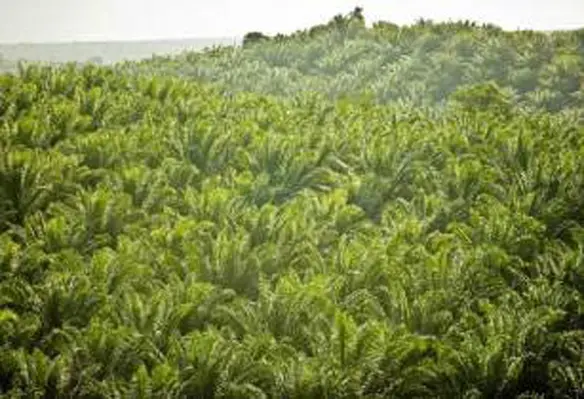Malaysia’s Sabah Forestry Department has agreed to run a trial of the newly-released High Carbon Stock (HCS+) methodology, which helps assess carbon stock in palm oil plantations
The HCS+ Science Study proposes a pathway for sustainable palm oil development, by establishing thresholds for what constitutes an HCS Forest. Ideally, a carbon stock is defined as the amount of carbon stored in a cultivated/green area. Forests usually sequester CO2 and store them in leaves, stems, roots and even the soil. When large expanses of land are cleared, the CO2 is released into the atmosphere. Being a greenhouse gas, CO2 traps heat within the atmosphere, leading to increase in temperatures and can lead to global warming.
Through the HCS+ Science Study, the Sabah Forestry Department is hoping to increase the size of Total Protected Areas (TPAs) from the current 24 per cent to 30 per cent in Sabah. Sabah Forestry Department director Datuk Sam Mannan said that the HCS+ carbon neutral approach prompts active protection of HCV and HCS+ set-asides, in return for the licensee to develop areas that have low-carbon content.
“The proposed trialling of HCS+ is also complementary with the current ongoing initiatives with Carnegie Airborne Observatory (CAO) that includes the state-wide mapping exercise using LiDAR. This will help us identify places where conservation efforts can have the biggest impacts, as well as opportunities to improve land use practices to boost production on existing agricultural land, which is required to support Sabah’s drive in transitioning towards a more sustainable economy, through the Jurisdictional Certified Sustainable Palm Oil (CSPO) in the State by 2025,” added Mannan.
In addition to Sabah, Central Kalimantan and South Sumatra in Indonesia have received support from the palm oil industry and NGOs for jurisdictional certification. This approach is considered more structured to enable more efforts for sustainability such as guided land use.




